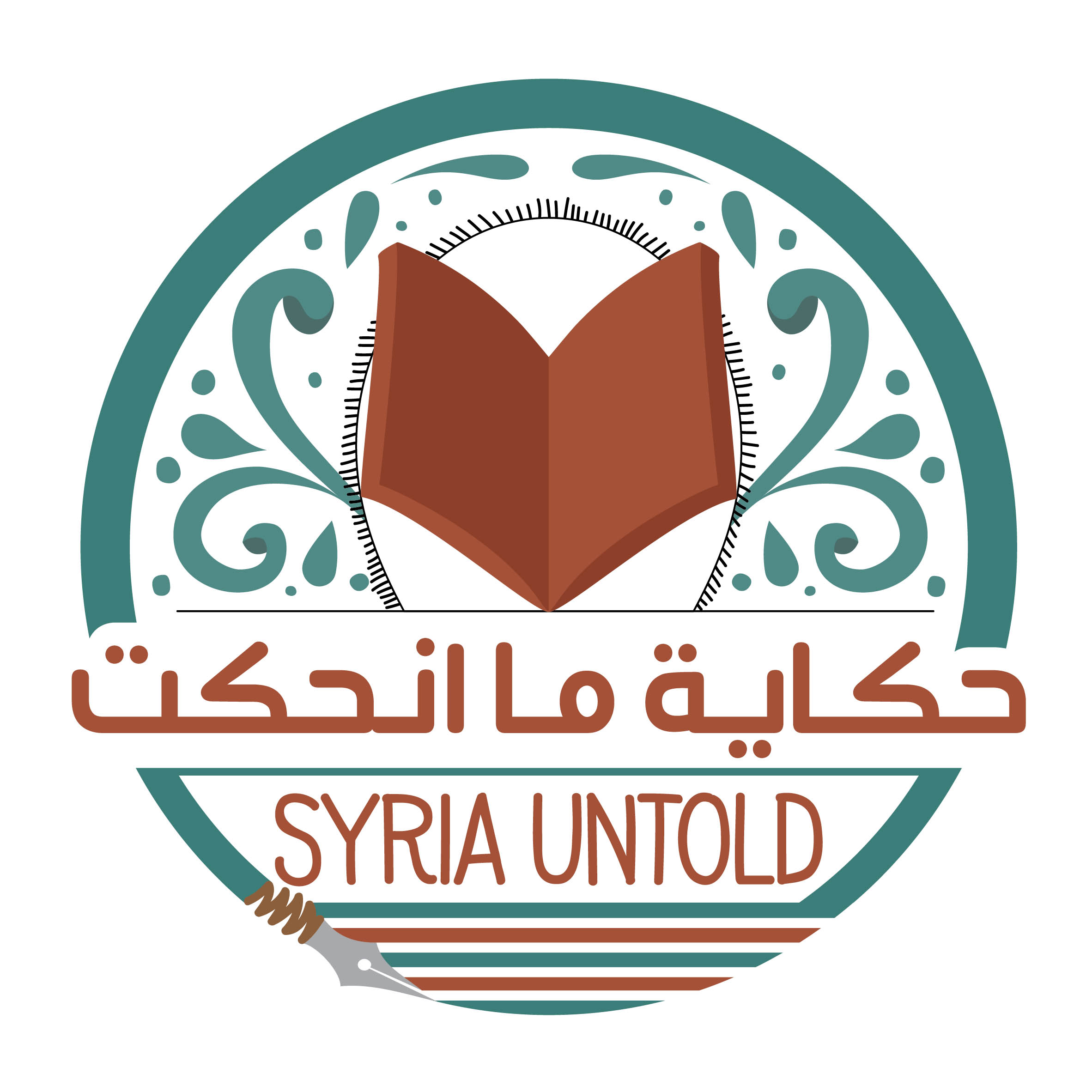Coronavirus Update: More Movement and Export Restrictions to Mitigate Impact of Covid-19 (The Syria Report, free access)
“All the positive cases were in government-held areas. However, given the much higher number of reported cases in neighbouring countries, the limited number of victims—both in these areas and those outside government control—seems to reflect the small number of tests conducted so far more than it does the limited spread of the virus.”
Covid-19 will massacre prisoners on the Syrian regime’s behalf (New Statesman)
“Worryingly for detainees in Syria, one of the coronavirus deaths was a woman from a town called Mneen, which lies just 10km from Syria’s most notorious prison, Saydnaya. I spent nearly a year there, and was subjected to a mock execution before being released. The proximity makes me fear that it is just a matter of time before the virus enters one of the worst prisons in the world, where mass hangings have already eradicated thousands of people.
Abuses like those I underwent in Syria’s prisons are still ongoing. According to the Syrian Network for Human Rights, a monitoring group, nearly 130,000 people remain detained or forcibly disappeared at the hands of the Assad regime. An outbreak of coronavirus in prisons would have catastrophic effects on prisoners, many of whom are already in poor health and have been held arbitrarily for years. Their immune systems are compromised from torture and starvation. Of all Syrians, they would likely suffer the most.”
Syrian camps brace for potential COVID-19 outbreak (Al-Monitor)
“From a clinic providing primary health care services in Al-Nour camp, 44 kilometers (27 miles) north of Aleppo city, community health workers have distributed educational brochures, going from one tent to another. The brochures contain drawings and instructions urging people to mind their personal hygiene, wear masks and not leave their tents unless absolutely necessary. The fliers also outline what people should do if they suspect they have COVID-19, the disease the virus causes.
Omar al-Hamoud, a doctor and administrative director of the clinic at Al-Nour camp, told Al-Monitor, ‘We are afraid that the coronavirus might reach the camps. It would then be difficult or nearly impossible to contain it’.”
Covid-19 Exposes Nutritional, Health Shortcomings in Syria (Asharq al-Awsat English)
“The global pandemic of the novel Coronavirus revealed the degree of Damascus’ failure to provide the most basic nutritional and medical needs, with the health minister Nizar Yazigi saying that ‘there is great difficulty in providing ventilators because of the unilateral coercive measures that have imposed on Syria for the past nine years.’ He also said that ‘we are working to bypass them quickly and gradually by communicating with China to meet all of our needs’, emphasizing that ‘we cannot give assurances that just because the number of recorded cases so far is low,’ 19 cases according to the health ministry.
Residents in Damascus and its countryside, however, claim that there are tens of cases, and unofficial medical sources claim that there 30 confirmed cases in Zabadani that have been isolated. There are also indications that there are cases in the countryside of Damascus, in the towns of Mneen, Duma, Harasta, Wadi Barada, Jadeidat Artouz and Al-Sayeda Zeinab and that several military personnel are quarantined in the Al-Qutaifa Hospital in eastern Qalamoun.
Syria war: Syrian air force behind 2017 chemical attacks, OPCW finds (BBC News)
“The chemical weapons watchdog has concluded that the Syrian air force carried out three attacks in March 2017 involving the nerve agent Sarin or chlorine.”
Syria condemns 'misleading' chemical arms watchdog report (Al Jazeera English)
“In a statement on Thursday, the Syrian Ministry of Foreign Affairs called the report of the Organisation for the Prohibition of Chemical Weapons (OPCW) ‘misleading’, saying it contained ‘falsified and fabricated conclusions aimed at falsifying truths and accusing the Syrian government’.”
Leak reveals jihadists’ weakening grip in Syria’s Idlib (War on the Rocks)
“A newly leaked recording of a pep talk by HTS figure Abu al-Fateh al-Farghali to the group’s rank and file provides a unique insight into what HTS was telling its members as they defended Idlib from a Syrian military offensive earlier this year. Idlib is the Syrian opposition’s last real stronghold, still outside Syrian government control, but also free of the more hands-on tutelage Turkey has imposed in ostensibly ‘opposition-held’ areas elsewhere in northern Syria. HTS has dominated Idlib since mid-2017, bringing other rebel factions to heel and installing a so-called Salvation Government to administer the area.
The al-Farghali recording suggests, though, that HTS’ grip on Idlib has slipped. Al-Farghali talks an assemblage of HTS fighters — precisely when and where they met is unclear — through the group’s dealings with Turkey and the terms he says HTS set for the Turkish military’s successive deployments inside Idlib. The relationship is a complicated one — al-Farghali makes explicit to his audience that HTS considers the Turkish army an ‘infidel,’ ‘apostate’ institution, and that the group conditioned Turkey’s deployment on that basis.
But now, as HTS-led rebels have lost more ground to the Syrian army and Turkey has injected more forces into Idlib unilaterally, al-Farghali says the terms the group originally imposed on Turkey from a position of strength are ‘void’.”
Festering Grievances and the Return to Arms in Southern Syria (Middle East Directions, European University Institute)
"An abundance of light weapons, a high number of former rebels present in the governorate, dense clan-based social networks and the accumulated experience of a decade of conflict are but some of the factors that make Daraa governorate a fertile ground for the re-emergence of violence. This paper explores three main interrelated factors underlying the rise in political violence in post-rebellion Daraa."




